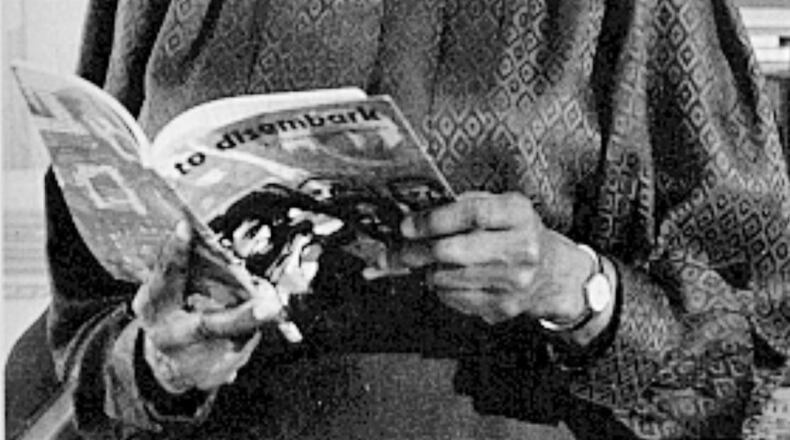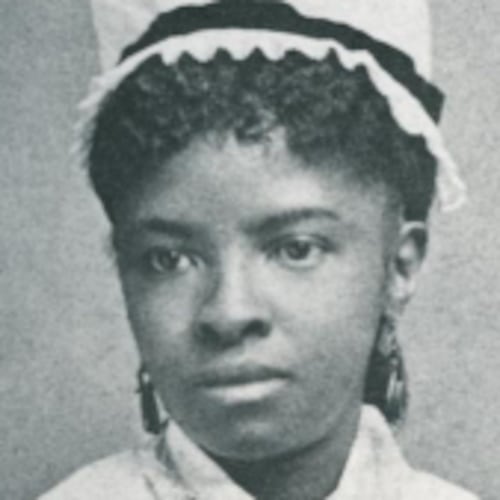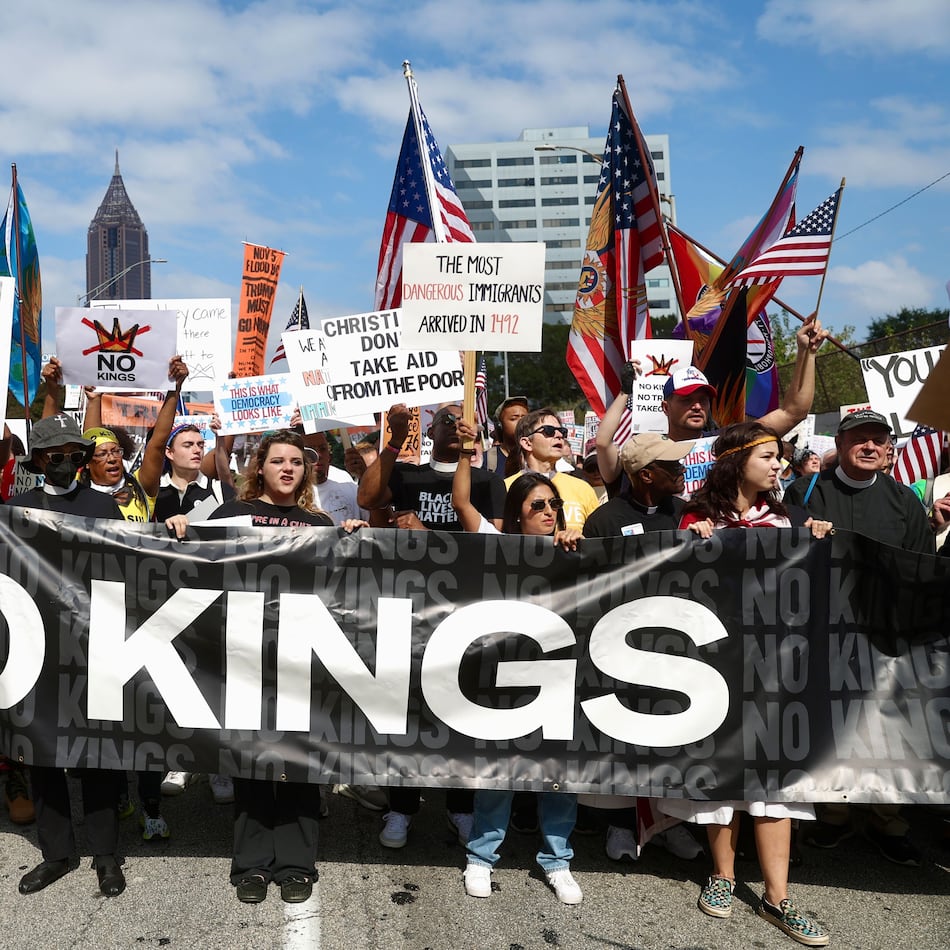Gwendolyn Brooks started her writing career at 11 when she mailed several poems to a community newspaper in Chicago to the surprise of her family.
Brooks was a published poet by age 13. Writing compassionate poetry that illuminated the black experience, she is one of the most highly regarded and widely read poets of 20th-century American poetry. She won the Pulitzer Prize for poetry in 1950, the first black author to win a Pulitzer.
She expressed social concern in her writing, delving into poverty, racism, drugs. And while the influential poet was known for trying to foster an understanding of black culture through her poetry, she also suggested inclusiveness was the key to harmony.
Brooks was born in Topeka, Kan., but her family moved to Chicago when she was young. Her father was a janitor who had hoped to become a doctor; her mother was a schoolteacher and classically trained pianist. Her parents enthusiastically supported her interest in writing.
Brooks died in December 2000. She was 83.
Brooks once described her style as “folksy narrative,” but she varied her forms, using abstract word patterns, sonnets and other models.
Also known as an advocate for creative writing and poetry, Brooks often traveled to libraries, schools, drug rehabilitation centers and prisons, reading her work.
We real cool. We
Left school. We
Lurk late. We
Strike straight. We
Sing sin. We
Thin gin. We
Jazz June. We
Die soon.
(“We Real Cool” from “The Bean Eaters”)
CELEBRATE BLACK HISTORY MONTH
Throughout February, we'll spotlight a different African-American pioneer in the daily Living section Monday through Thursday and Saturday, and in the Metro section on Fridays and Sundays. Go to myAJC.com/black-history-month for more subscriber exclusives on people, places and organizations that have changed the world, and to see videos on the African-American pioneer featured here each day.
About the Author
The Latest
Featured



